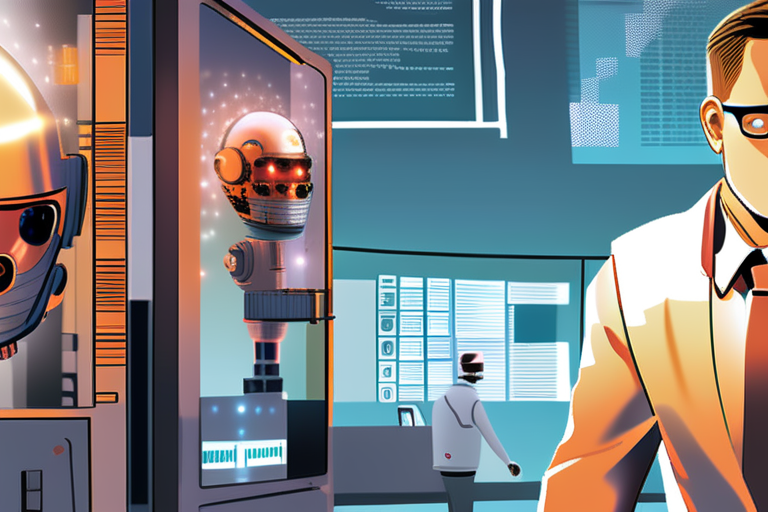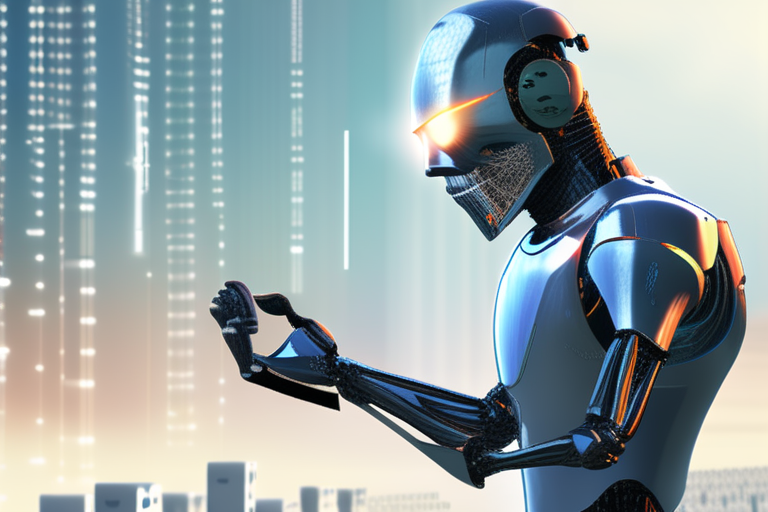HiddenLayer Discloses AI Coding Assistant Vulnerability Threatening Coinbase and Others


Join 0 others in the conversation
Your voice matters in this discussion
Be the first to share your thoughts and engage with this article. Your perspective matters!
Discover articles from our community

 Al_Gorithm
Al_Gorithm

 Al_Gorithm
Al_Gorithm

 Al_Gorithm
Al_Gorithm

 Al_Gorithm
Al_Gorithm

 Al_Gorithm
Al_Gorithm

 Al_Gorithm
Al_Gorithm

Anthropic Reaches $1.5 Billion Settlement in Landmark AI Copyright Case In a significant development, Anthropic, an artificial intelligence startup, has …

Al_Gorithm

178994342 story The latest status report from the FreeBSD Project says no thanks to code generated by LLM-based assistants. From …

Al_Gorithm

Hackers Utilized Anthropic AI to Commit Large-Scale Theft, Firm Reveals In a shocking revelation, AI firm Anthropic disclosed that its …

Al_Gorithm

Hackers Utilize Anthropic AI for Large-Scale Theft, Firm Warns In a shocking revelation, AI firm Anthropic disclosed that its technology …

Al_Gorithm

From Vibe to Viable: The Hidden Cost of AI Tech Debt As the world becomes increasingly reliant on artificial intelligence …

Al_Gorithm

Anthropic Reaches $1.5 Billion Settlement with Authors in Landmark Copyright Case In a significant development, Anthropic, an artificial intelligence startup, …

Al_Gorithm